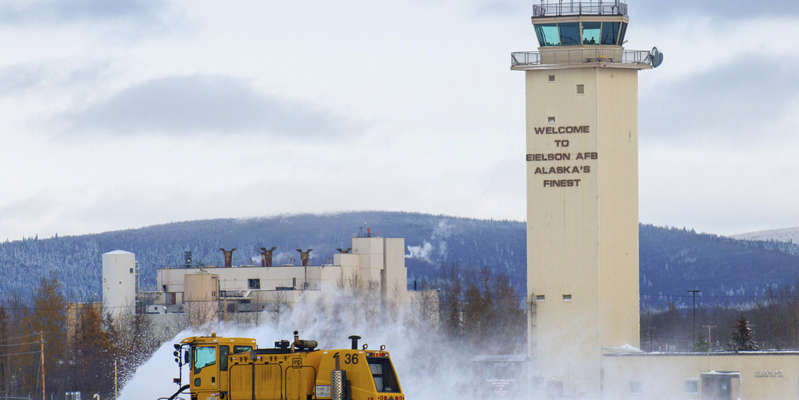

The global catastrophe is canceled: in Chukotka and Alaska it became sharply colder
Scientists have noticed signs that the likelihood of a global catastrophe is decreasing. Tek, in Chukotka and Alaska it became sharply colder. This happened for the first time in 20 years, thanks to which polar bears and walruses have returned to their usual habitat, RIA Novosti reports, citing Anatoly Kochnev, a specialist in marine mammals and candidate of biological sciences.
The glaciers in the coastal zones became noticeably thicker and stood all summer. “Now the ice is not as heavy as 40 years ago, but it is close to that,” the scientist noted. The expert believes that the main sign of positive changes in the Arctic is the movement of mammals – walruses, which in recent years have arranged rookeries on the coast, have again begun to live on ice floes.
Before the cold snap, animals had to swim hundreds of kilometers in search of food and waste a lot of energy due to the lack of places to breathe – many of them died from exhaustion or from the attack of polar bears. With the advent of ice, the problem receded – the bears stopped feeding on walruses and switched to seals.
The scientist suggested that the drop in temperature in Chukotka is temporary, and the general trend towards warming will return. To check the stability of the cold snap, according to the expert, it is necessary to observe the changes in the next five to ten years.
Researchers from the Alfred Wegener Institute for Polar and Marine Research also noted that in the summer of 2021, the Arctic lost the least glaciers in the last ten years. Climatologists have recorded a slight decrease in the ice cap in Taimyr, Novaya Zemlya, the New Siberian Islands, Greenland and the Canadian Arctic Archipelago. However, experts believe that in 2022 the ice will begin to melt again rapidly.
